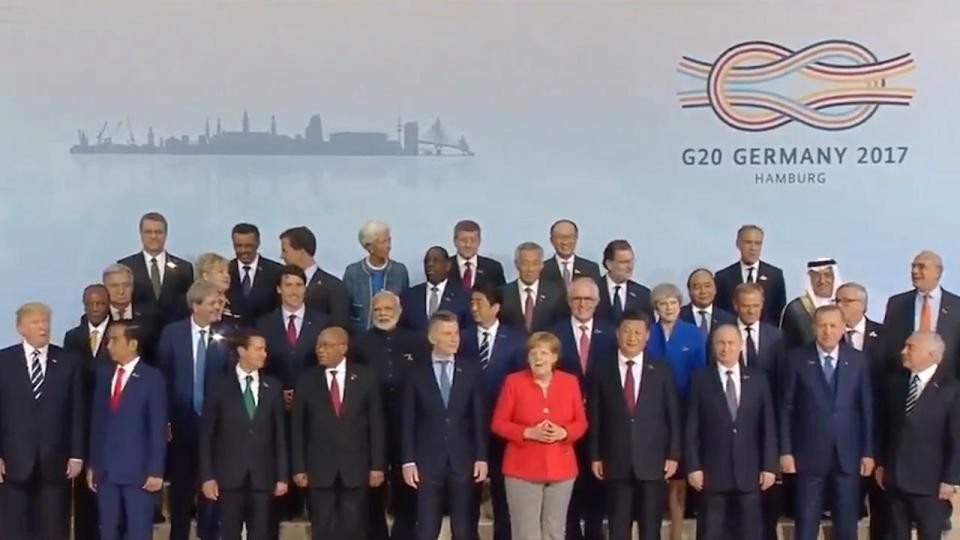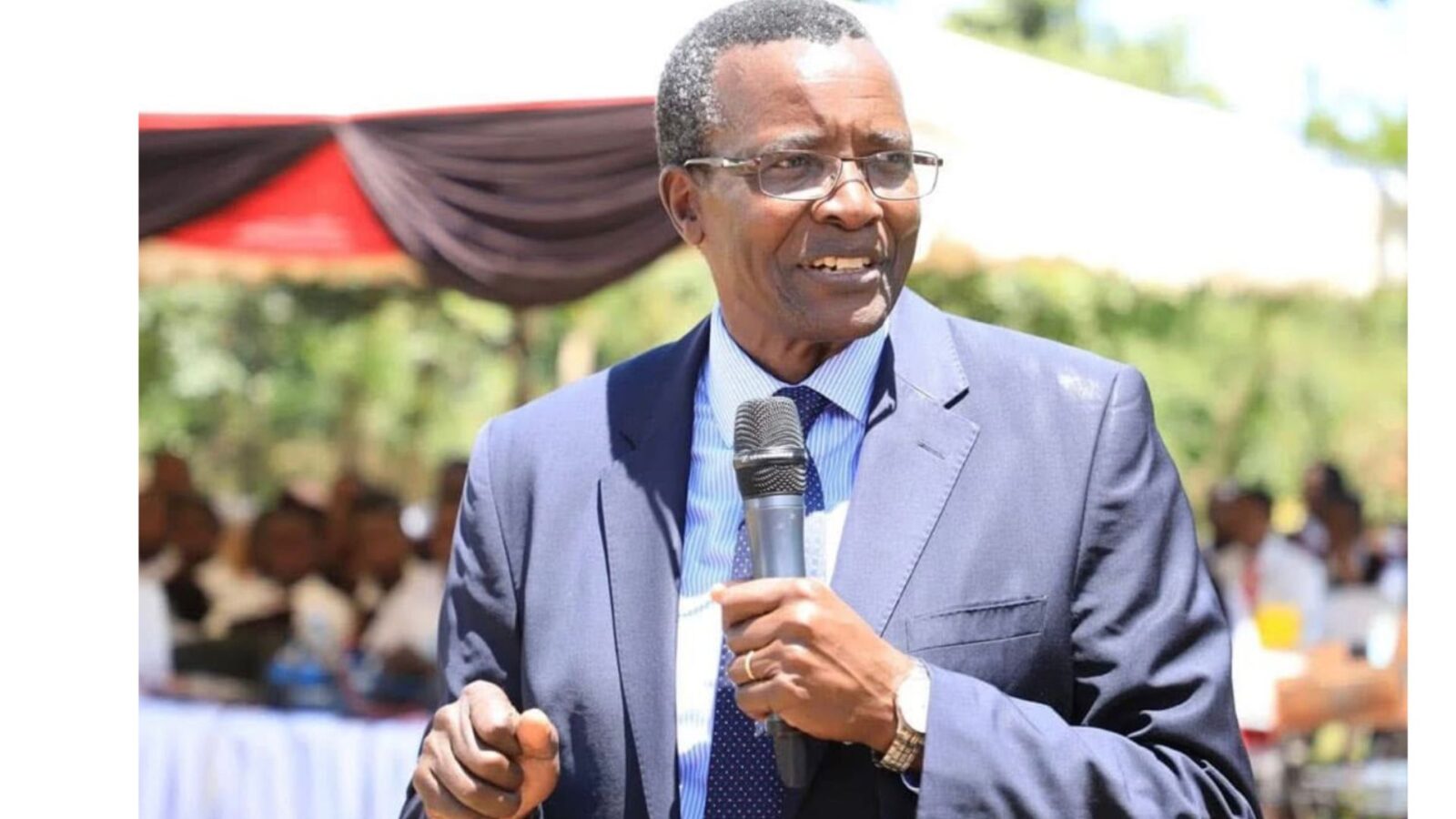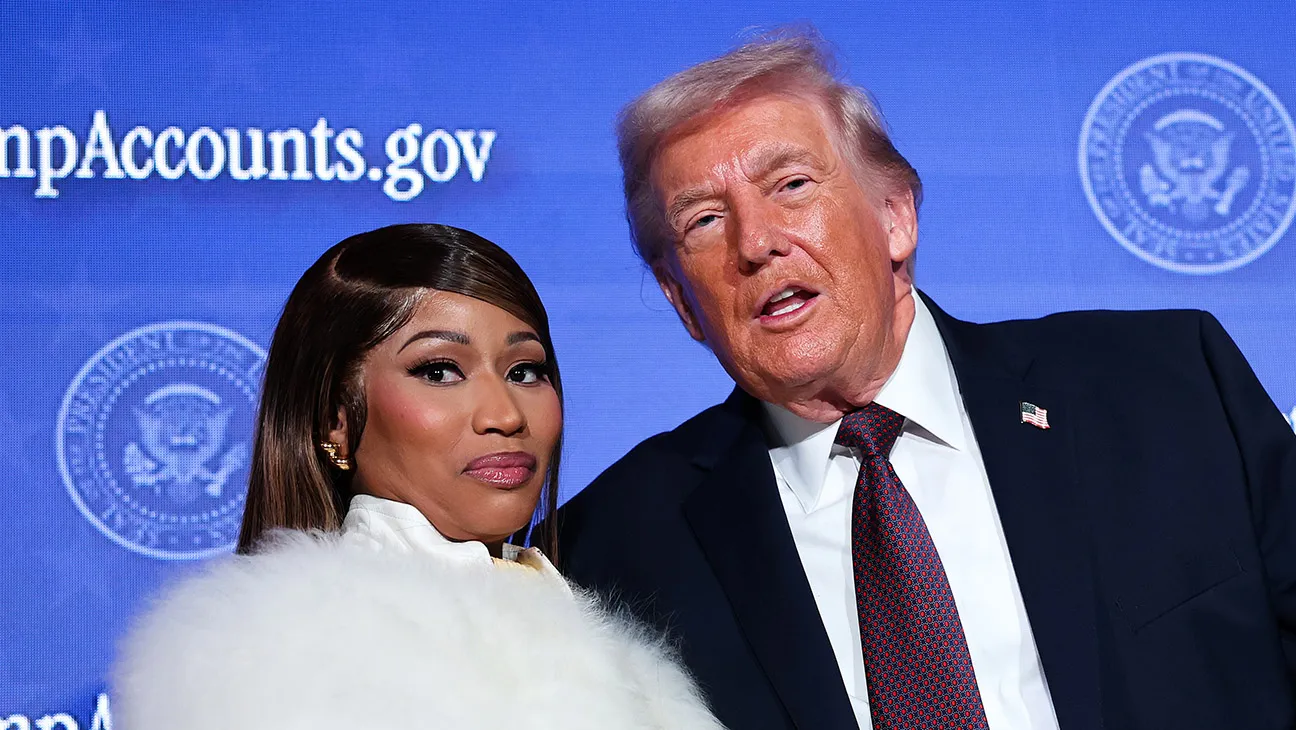The G20 summit being hosted on African soil for the first time presents a unique opportunity for Africa
to position itself on a global stage and a chance for the African leaders to leverage on this opportunity.
Ideally, member countries in G20 are developed in terms of infrastructure, health care, education and
low unemployment rate as compared to Africa. The summit will serve as a platform to bridging the gaps.
Among the key areas that are of significant interest to the continent are climate finance, especially with
the cutting of international finance with agencies like USAID being shut down, African leaders must find
other alternatives to secure funding not only in finance but also in infrastructure development, foreign
direct investments and trade partnerships.
Role of G20 in climate finance
Climate finance, the financial resources provided to developing countries to help them reduce their
greenhouse gas emissions and adapt to the impacts of climate change, promotes Africa’s sustainable
development.
Primarily, it aims to support the transition to a low-carbon economy. This involves investments in renewable energy sources like solar, wind, and geothermal power, as well as energy-efficient technologies.
Africa’s climate finance shortfall is estimated to be approximately $2.5 trillion. This shortfall represents a
significant portion of the total climate finance needed to achieve both mitigation and adaptation goals
on the continent.
According to a report done by the United Nations, the continent’s clean energy sector needs around $2.8 trillion in climate finance by 2030 but only receives 2% of global investments in this area.
Africa currently receives about $30 billion annually in climate finance, which is significantly less
than the $277 billion estimated to be needed hence the need to explore other alternatives to secure
climate finance.
‘’With USAID drying up, that’s a blessing and a curse. A curse in that climate financing is no longer
available and a blessing in that its allowed us to think differently and think objectively as we have to look
at this in the perspective of being economic’’ Hirander Misra, Chairman and CEO of GMEX Group said
when asked about climate financing in Africa.
The G20 aims to prioritize three areas which include; inclusive economic growth that will boost
industrialization, create employment opportunities and reduce inequality, food security as Africa can be
positioned as the world’s food basket and Artificial Intelligence that aims to boost innovation in
technology for sustainable development.
Africa is envisioned as a unified market of $3.4 trillion bringing together 1.3 billion people through the
African Continental Free Trade Area (AfCFTA) creating unparalleled opportunities for growth and
development. This initiative is designed to boost intra-African trade, fostering economic integration and
reducing reliance on external markets.
Role of G20 in Intra-African Trade
‘’The AU’s permanent G20 membership is a game-changer for Africa. Kenya, as a key economy within
the AU and a champion of regional integration, can play a crucial role by working closely with the AU
Commission and South Africa to present a unified front on issues related to AfCFTA and intra-African
trade during the G20 summit.’’ Dan Murage, portfolio analyst- global markets at Standard Investment
Bank commented. “African leaders should encourage G20 members to invest in establishing and strengthening regional value chains within Africa, leveraging the AfCFTA framework.’’ He added.
For AfCFTA’s success it is crucial that Africa as a continent advocates for support in addressing non-tariff
barriers such as cumbersome import and export licenses, sanitary and phytosanitary standards, and
technical regulations which can significantly impede trade.
Streamlining custom procedures by simplifying documentation, reducing processing times, and implementing electronic customs systems to expedite the flow of goods and harmonizing trade regulations across the continent and globally.
‘’They are the ones finding a way to represent Africa on a global stage. If you look at the African
countries in the G20 only South Africa but that doesn’t speak for the mass volumes and mass audience of
what we have out there.’’ Francisco Da Silva, member of B20 South Africa Task Force for Trade and
Investment added.
Role of G20 in Startups
Startups have been described as a major game changer in the African economy as it is a means to create
job opportunities and increase the overall GDP of countries.
Francisco has encouraged Africans seeking to start startups to drop the traditional methods of approaching businesses and instead, keep an open mindset, avoid competing with each other and reduce tariffs in the continent to build on value chain infrastructure.
This approach will lead to the independence of Africa and the continent being the dominant player in the future.
In conclusion, the G20 summit being hosted in Africa presents a pivotal moment for the continent. By
strategically leveraging this global platform, African nations can secure vital financial and political
support to address critical challenges.
The focus on climate finance, trade liberalization through AfCFTA, and the promotion of African startups are not merely economic strategies; they are essential steps toward achieving genuine independence.
Ultimately, the success of Africa’s engagement with the G20 will be measured by its ability to forge a path toward self-reliance, where the continent’s future is shaped by its own vision, resources, and determination.












